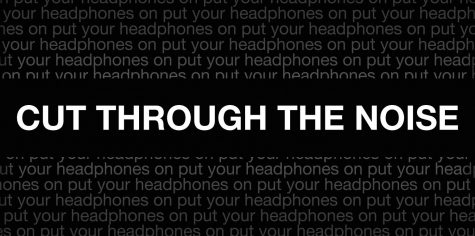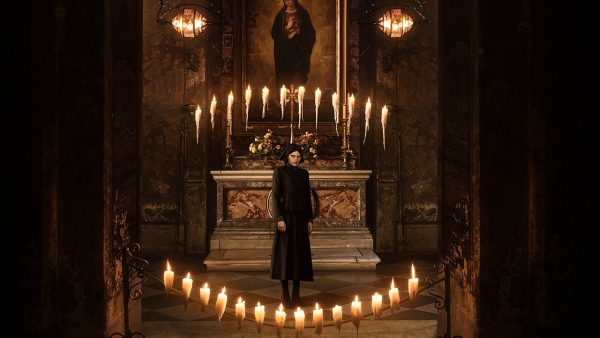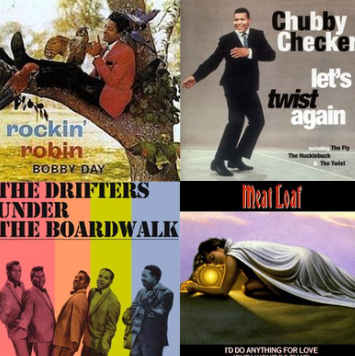‘Get Out’ uses stereotypes in subtle lesson on racism
Thrilling plot captures viewer, but ending falls short

Throwing everyday interactions concerning racial undertones in the face of the audience, “Get Out” addresses subtle racism in society.
“Get Out,” released Feb. 24, explores the events that follow after a Black photographer (Daniel Kaluuya) meets his White girlfriend’s parents (Catherine Keener and Bradley Whitford), the Armitages, for the first time. Quickly this seemingly light film takes a dark turn and displays parts of racism often overlooked.
Daniel Kaluuya plays Chris as a quiet, well-mannered photographer who is skeptical of the intent behind his stay at his girlfriend’s family estate. His ability to convey fear as well as inquisitiveness through facial expressions and eye movements shine as he is put to the test while he uncovers the plot behind the Armitage family’s true purpose for inviting him to stay.
Allison Williams does an average job of playing Rose, the attractive girl who plays a role in drawing Chris to the estate, but only specifically shines after the twist is revealed. Her ability to personify a great range of emotions shows in her performance.
The music used throughout becomes a huge hint at upcoming trouble, taking away from the surprise of jump scares and twists. Although ominous at times, no specific moments utilize music other than the opening and closing credits. This can create a scarier atmosphere when used correctly, but sadly falls short many times throughout the duration of the film.
The plot of the film starts out promising, keeping the audience on edge as the tensions heighten. This excitement then fails once the surprising twist is revealed. The beginning emphasizes the uncertainty of Chris as to what to expect at the Armitages. His slow process of uncovering the racial tensions and full fledged racism spans the majority of the film, keeping the viewer fascinated as to what secret the Armitages are hiding. Once shown, the conclusion lets down the viewer as the build up suggests a more realistic and understandable scenario than what is actually revealed.
Although not the best plot-driven movie, some recurring themes present bring a new way to look at the film. The not-so-subtle racial expectations by both the White Armitage’s and the Black Chris of the other race show an issue common in today’s society. The conversations held addressing these stereotypes and issues appear bland and unimportant, but rather represent everyday conversation held here in the U.S. with underlying tones of racism.
The film does a great job of entertaining the audience for the majority of the film, but unfortunately falls short when the climax is reached. However, the film teaches subtle lessons about everyday life and provides some scares as well as some laughs.
“Get Out”: 4/5

Hi, my name is Alec Pittman, but most people call me Pitt. I am one of the managing editors here on Echo. I enjoy writing columns about my current and...











